Strike: an incredible play about collective action and the fight against racism
Play showing 13th April – 6th Mat 2023: Tickets available here.
“We laughed, we cried and we learned,” said Left Bloc’s Médb McDaid who went to see Strike, the play about the Dunnes Stores Anti-Apartheid Strike, in London last week.
It’s not often you get to watch a play about nine women and one man between the ages of 17 and 23 who became known as the “most dangerous shop workers in the world”.
The last time Strike was shown was 2010 in front of a packed audience in Trinity College Dublin, resulting in rapturous reviews and ending with a standing ovation. Now, for the first time in 13 years the play has been brought to London and Left Bloc is encouraging everyone in a position to attend to book a ticket and get to a show before it’s too late.
On 19 July 1984, Mary Manning, a young worker in Irelands largest supermarket chain, Dunnes Stores, followed a union directive and refused to handle goods from apartheid South Africa. She was immediately suspended leading to one of the most protracted industrial disputes in Irish history lasting almost three years.
The determination of the ten striking workers led to the Irish government banning the importation of produce from South Africa and is credited with contributing to the end of the cruel apartheid regime.
Nelson Mandela who visited the workers in Dublin after his release in 1990 said the actions of the Dublin retail workers helped keep him going through some of his most difficult days in prison:
“Young workers who refused to handle the fruits of apartheid 21 years ago in Dublin provided inspiration to millions of South Africans that ordinary people far away from the crucible of apartheid cared for our freedom,” said Mandela in 2008.
The strike was also supported by Nobel Prize winners including Archbishop Desmond Tutu and Irish poet Seamus Heaney who joined the workers on the picket line.
Karen Gearon, shop steward during the dispute told Left Bloc: “I think the timing of this play is very appropriate.
“We’re seeing a resurgence in trade union activity across Britain with strikes in the transport, healthcare, education and many other sectors. Workers are regaining their voice and realising the power of collective action and I think the Dunnes strike from 1984 is a great example of how even a small group of workers acting as a collective can achieve significant change.”
She added, “We’ve also seen a resurgence in far right and racist rhetoric in Britain and Ireland that we thought was long gone. When we took action Ireland has a strong undercurrent of racism that’s still not recognised now.”
Ireland in the 1980s had an undercurrent of racism so it wasn’t popular to stand up for the rights of black South Africans who lived thousands of miles away.
Mrs Gearon explained, “We were victimised by our employer and ridiculed by our former work colleagues. Some even spat at and threw food at us.
“The Gardai and the special branch would harass us and beat us up on occasion, they even called us n***** lovers, while the Catholic Church and media outlets condemned us. But we stood our ground, and ultimately our action was successful,” she said.
“What brought about our victory was our collectivism and our solidarity and if there’s one thing we’d hope young workers today can learn from us, it’s that if you stand together and remain strong you can achieve anything.”
Already positive reviews have been received about the play which tells the story of ten young supermarket workers from Dublin who took a stand against Apartheid South Africa and won. If you haven’t seen the play already, get your ticket today. We’re also encouraging all trade unions to circulate to their membership.
The Dunnes Stores Anti-Apartheid strikers included Mary Manning, Karen Gearon (shop steward), Cathryn O’Reilly, Theresa Mooney, Vonnie Munroe, Sandra Griffin, Alma Russell, Michelle Gavin, Liz Deasy and Tommy Davis. Brendan Barron joined the strike from another store during the dispute. The lead official for the strike was the late Brendan Archbold who coined the phrase “the most dangerous shop workers in the world” following the deportation of the workers from South Africa by armed guard in the 1980s.
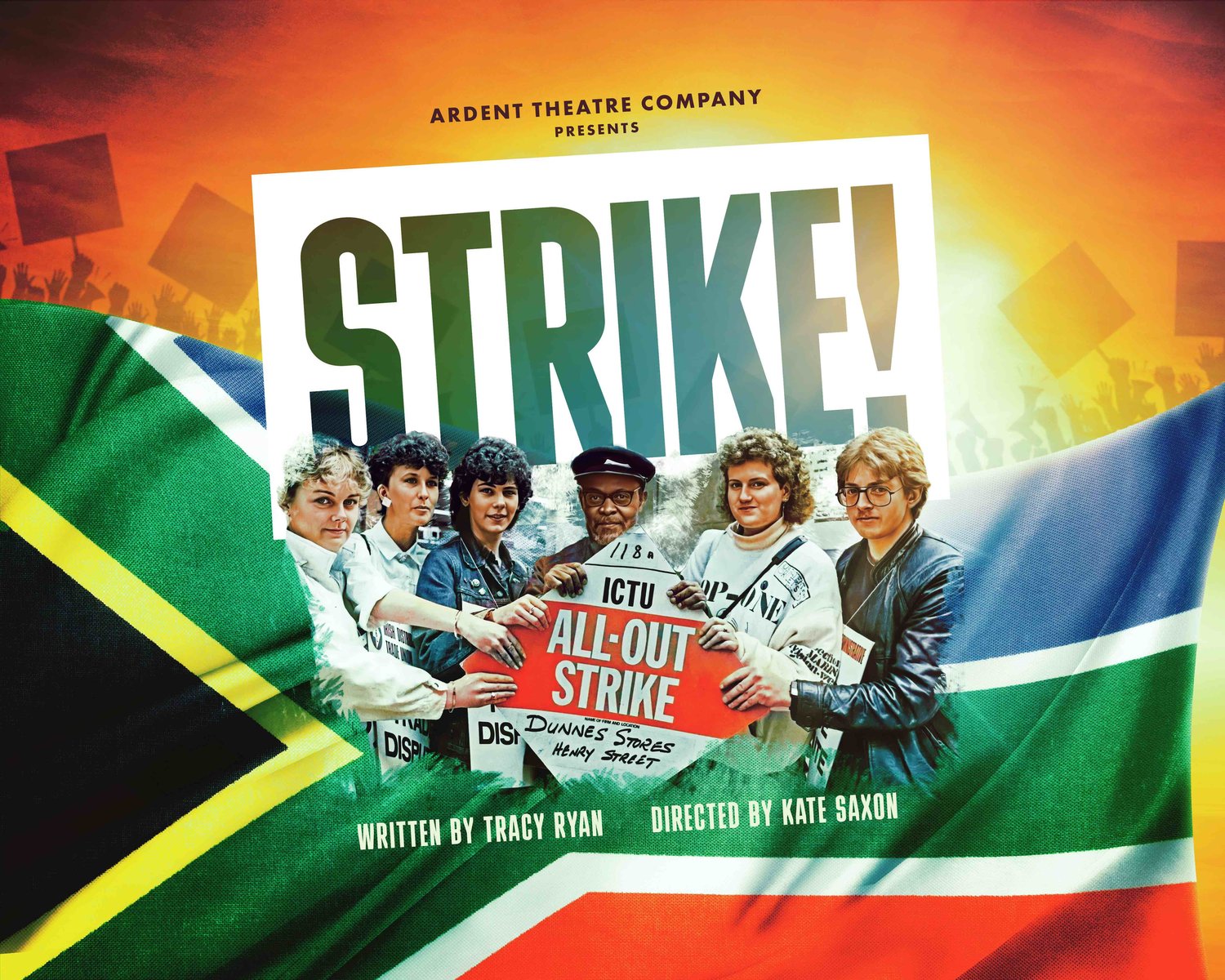
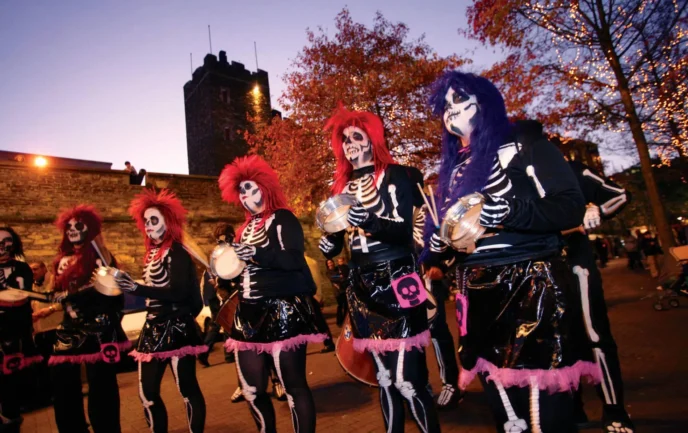

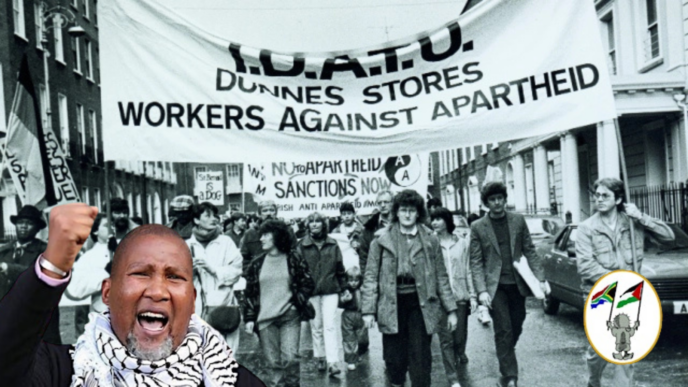
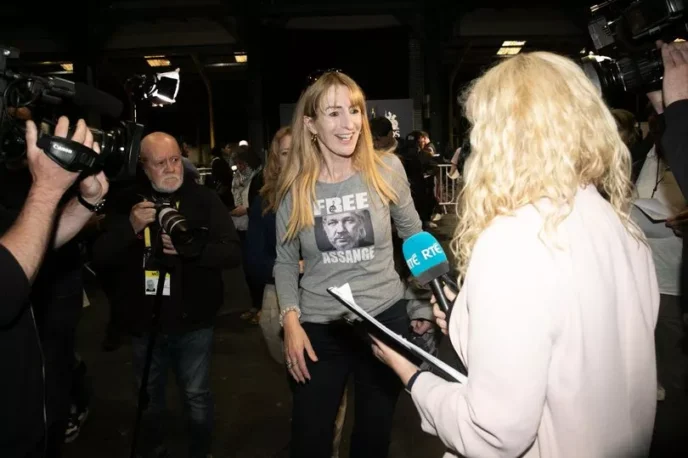
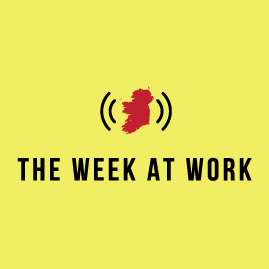
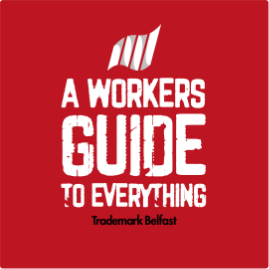




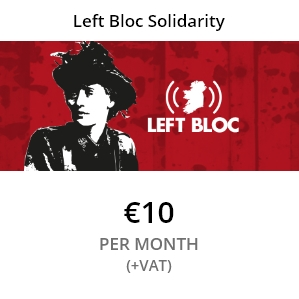


Comments